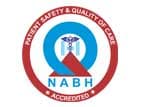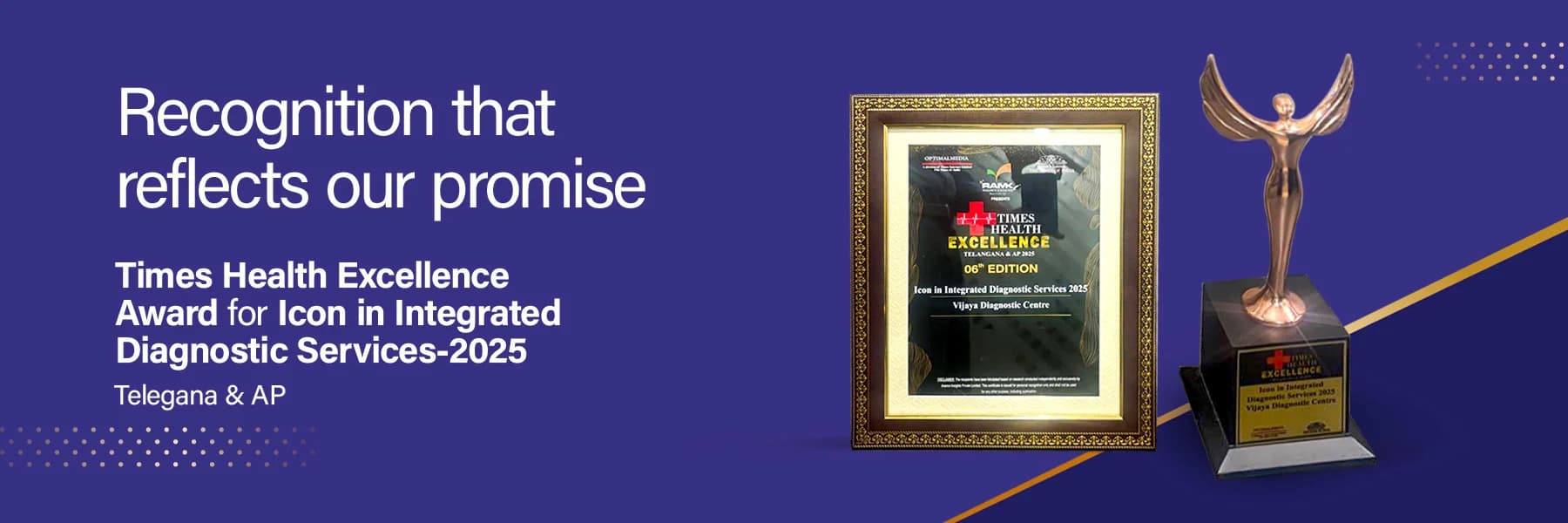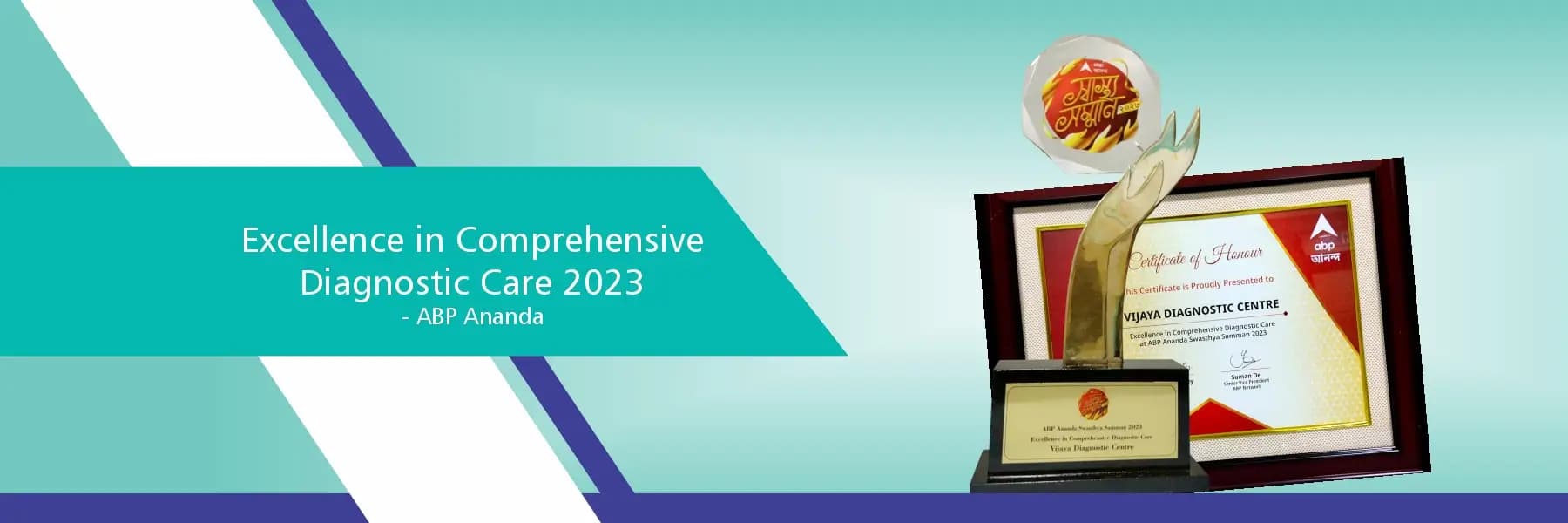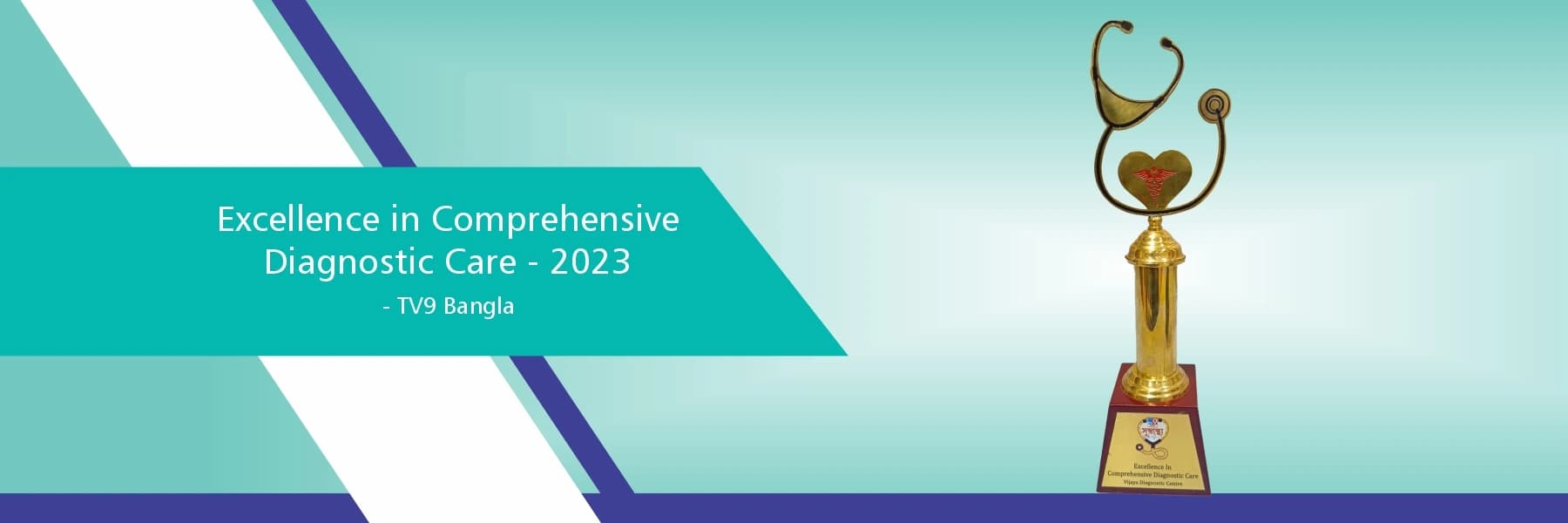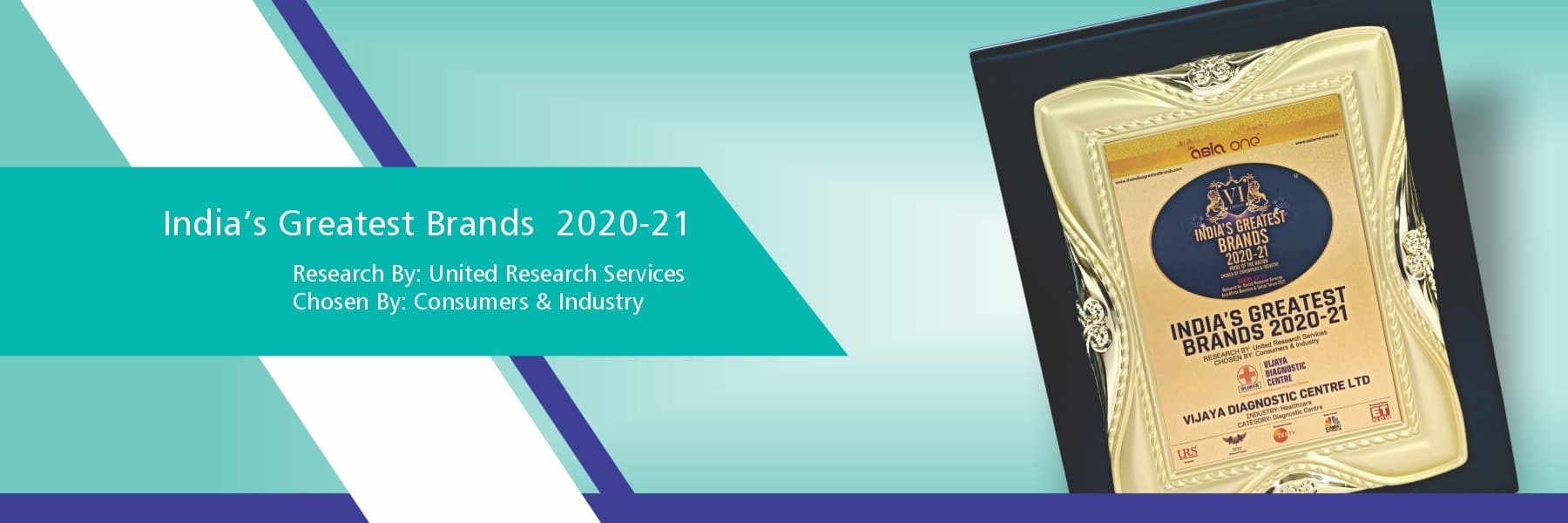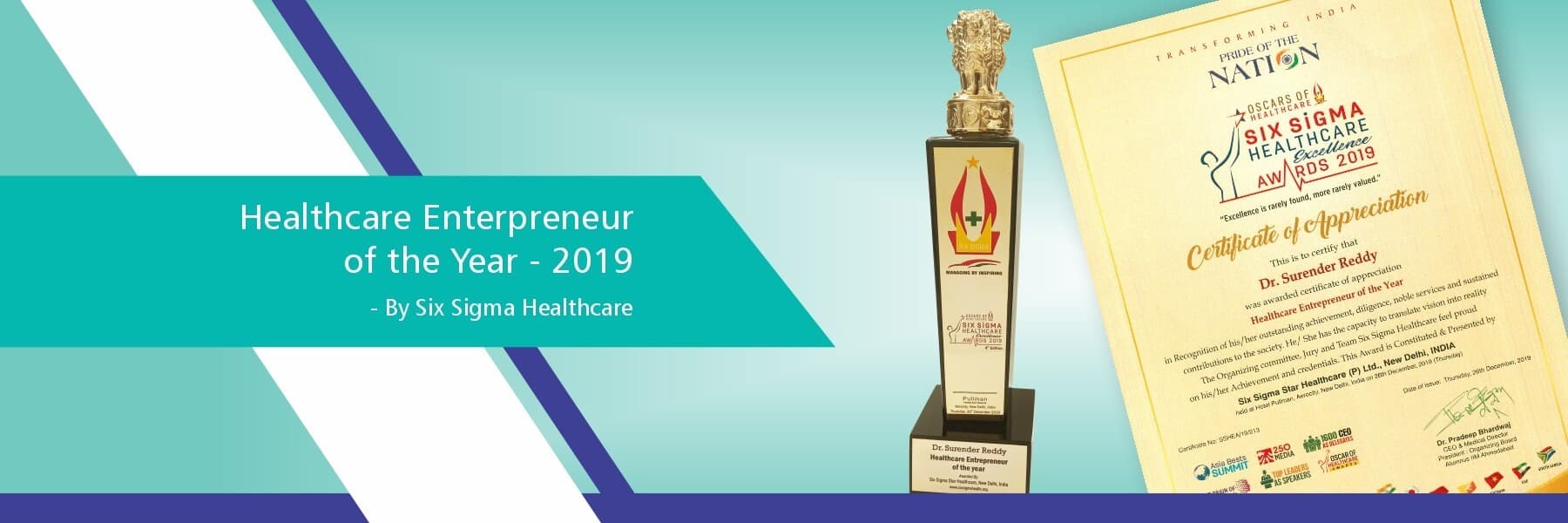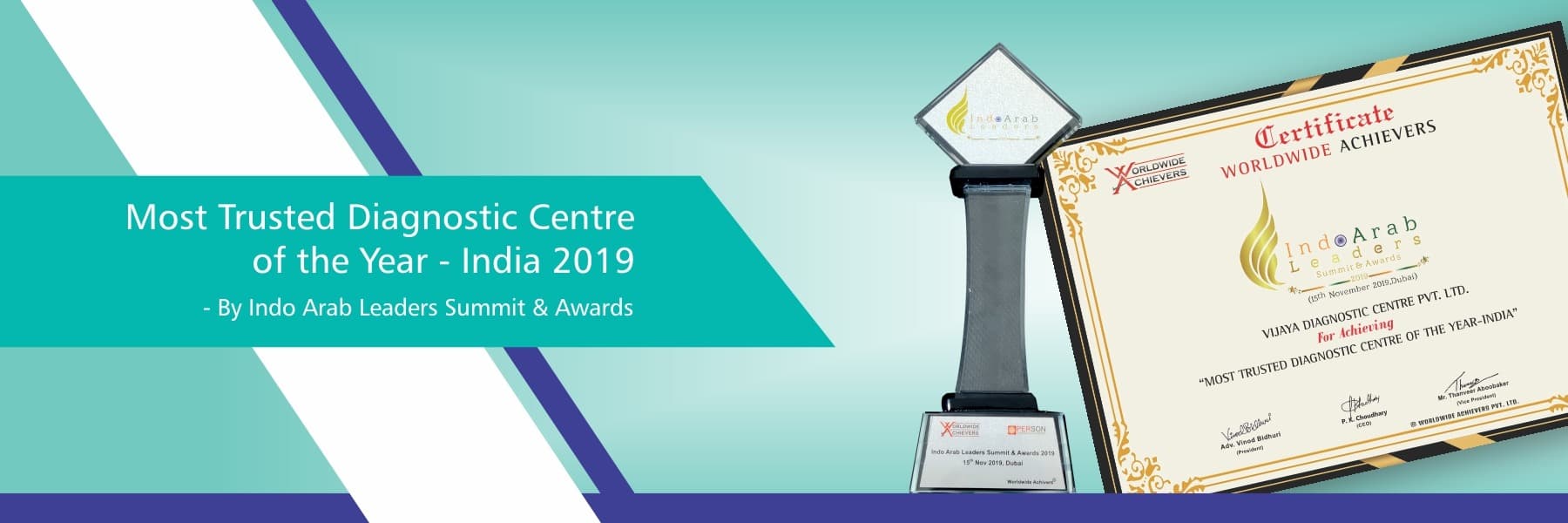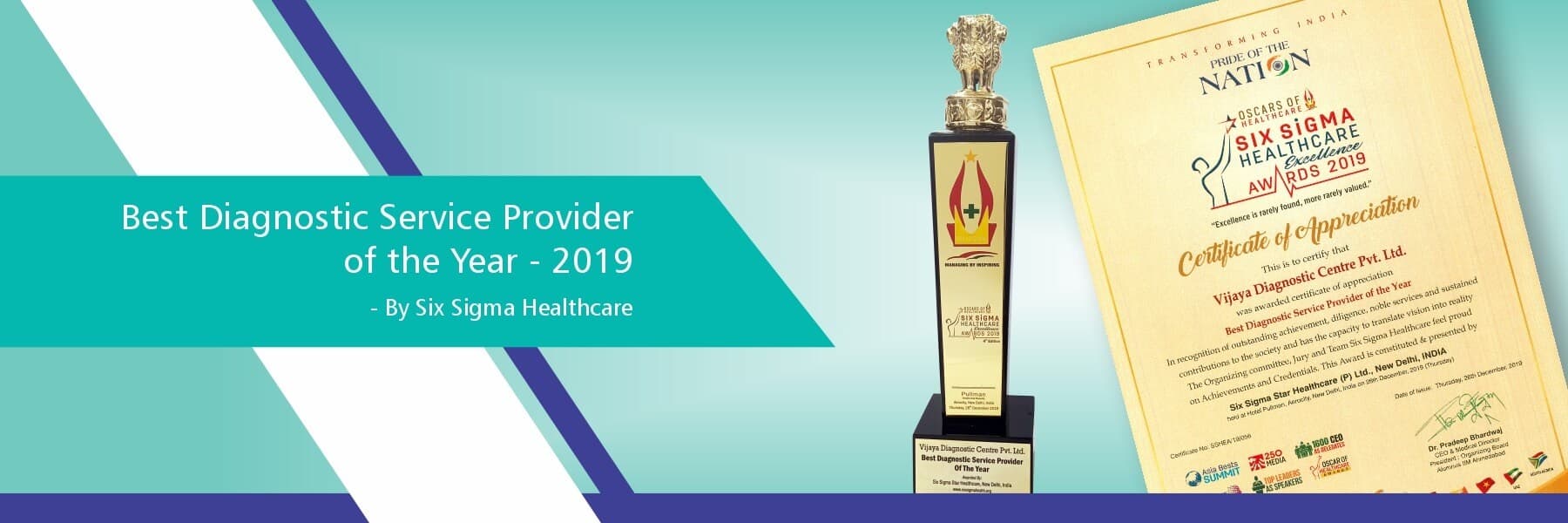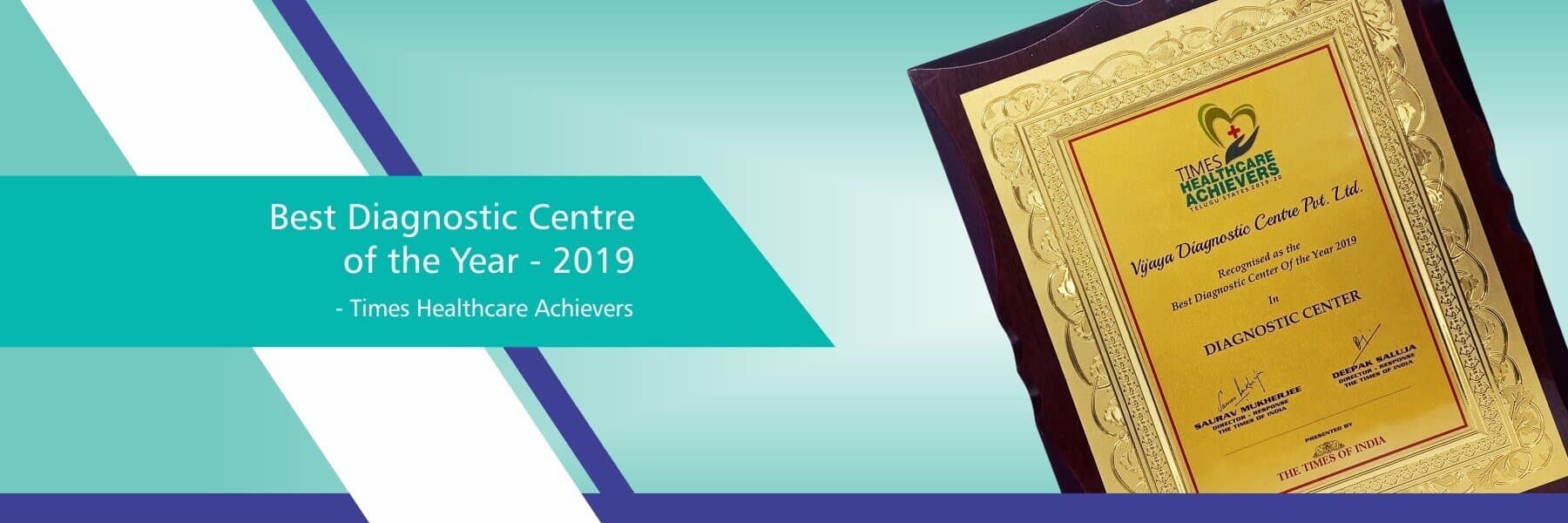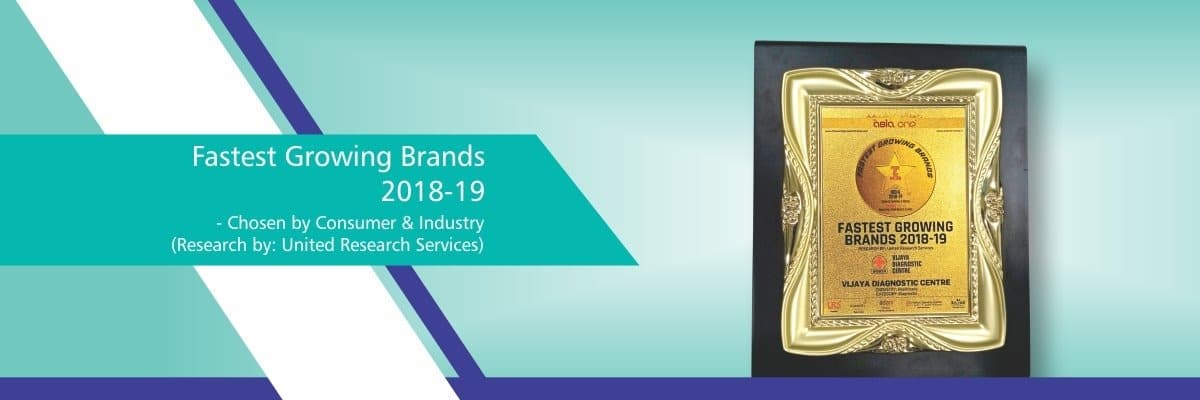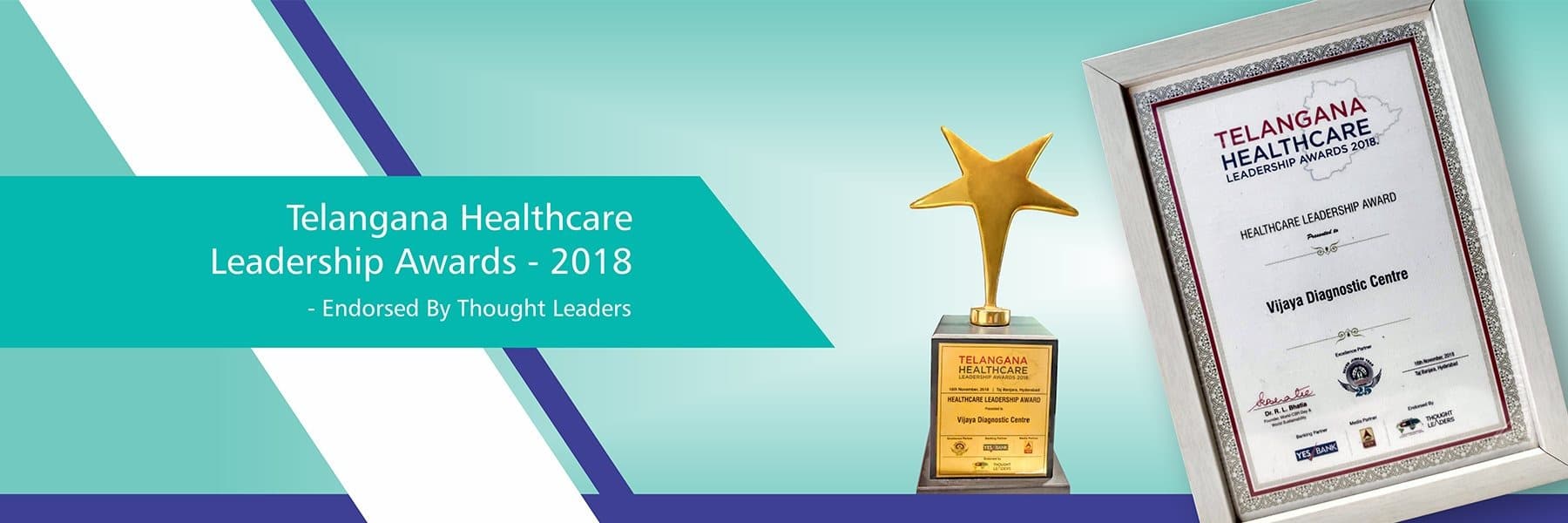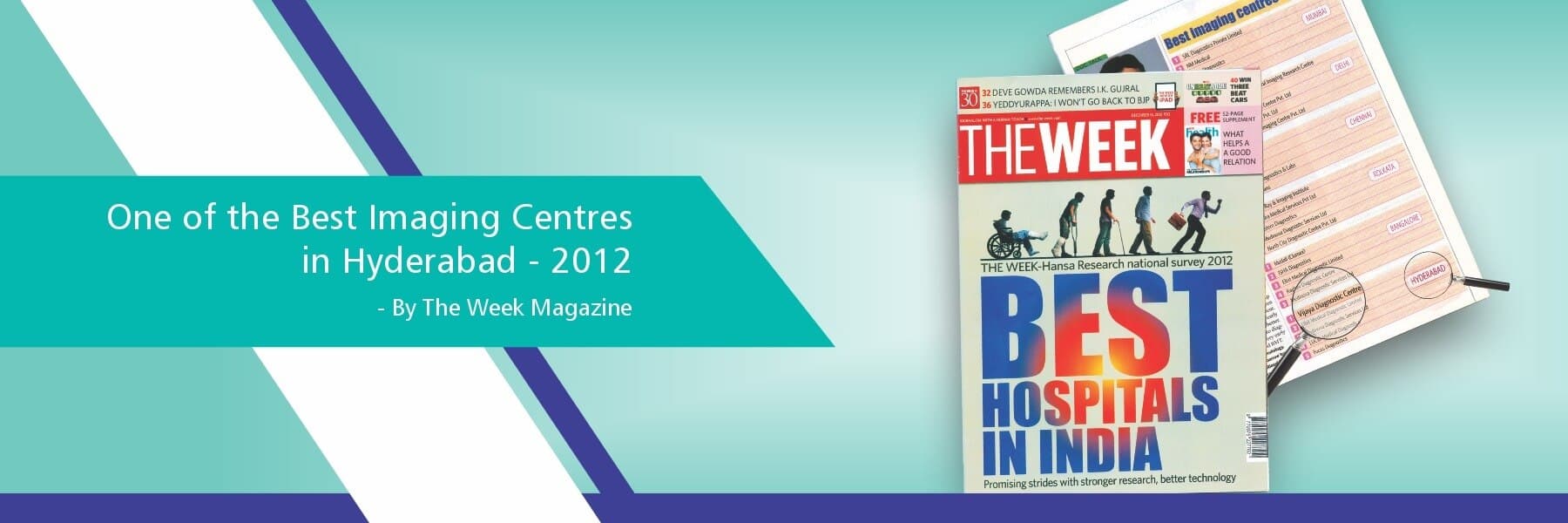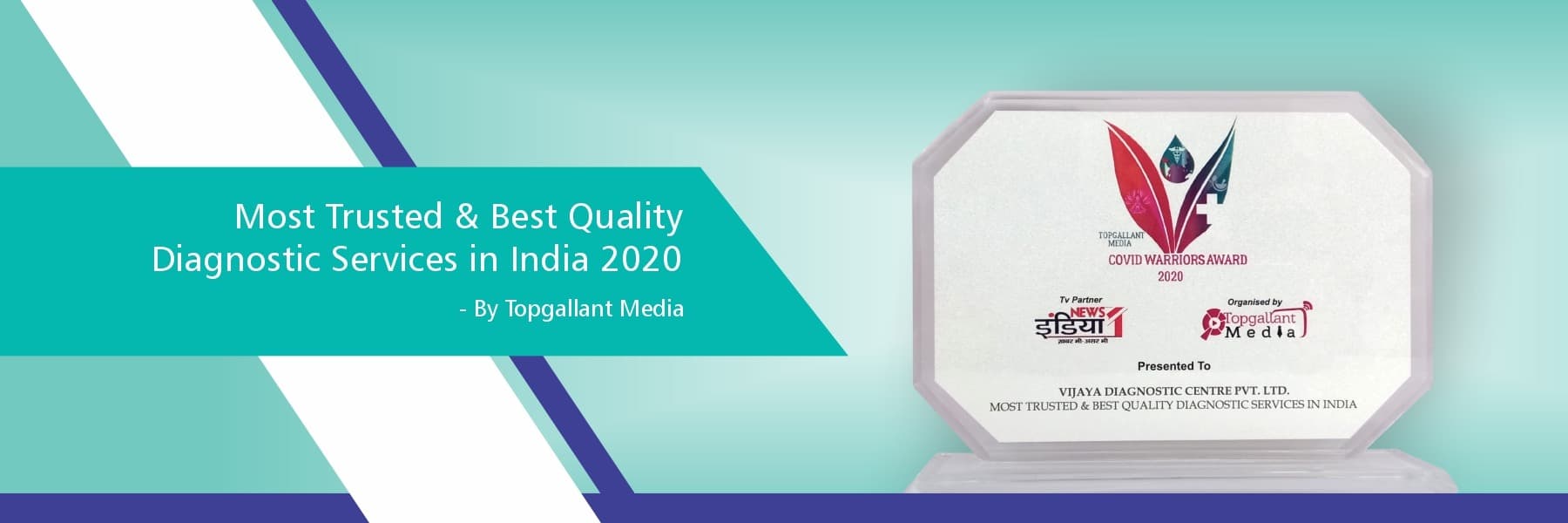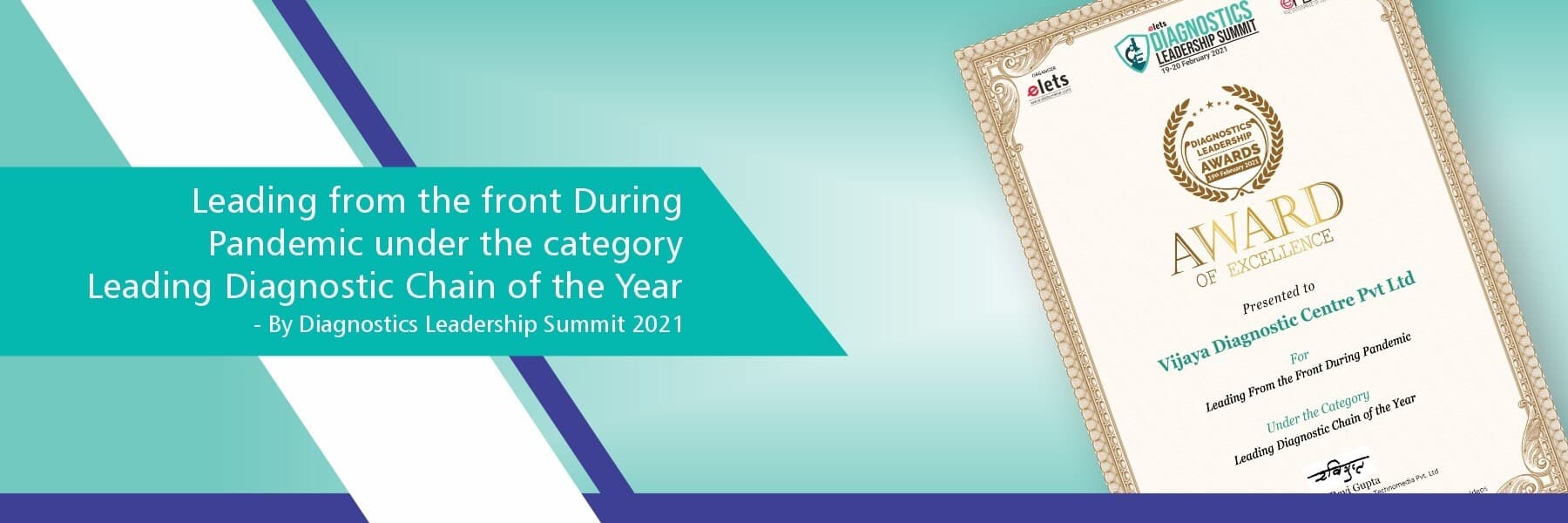What Is Cytogenetics and Cytogenetic Testing?
Cytogenetics is the study of chromosomes, structures found in the cell nuclei. Chromosomes are intricate packages containing DNA and proteins and they hold the key to understanding several diseases. Cytogenetic testing doubles up as a vital diagnostic tool by enhancing our understanding of how certain diseases progress and how individuals will respond to specific treatments.
Cytogenetic testing involves testing blood, tissue or bone marrow samples and analyzing the chromosomes for abnormalities such as broken, rearranged, extra or missing chromosomes. Chromosomal abnormalities can indicate certain types of cancer or signal a genetic disorder. Cytogenetic empowers doctors to make informed decisions about treatment options and patient care, ultimately improving health outcomes significantly.
How Does Cytogenetic Testing Work?
Cytogenetics is a specialized field within genetics and cell biology that explores the relationship between chromosomes and cellular behavior, particularly during processes like mitosis and meiosis. It delves into how chromosomes influence heredity, genetic anomalies, and pathological conditions, making it an integral part of medical diagnostics.
Genetic and chromosomal changes occur during normal cell development but they are usually harmless. However, in some cases, multiple mutations accumulate within a cell, leading to anomalies. These changes can cause cells to multiply rapidly, escape programmed cell death, or hinder DNA repair mechanisms. Consequently, the affected cell turns cancerous, multiplies uncontrollably and generates excessive copies of itself. Cancer causing anomalies may impact entire chromosomes or target specific regions within genes.
Chromosomal Changes and Anomalies:
Cancer cells may change the number of chromosomes. In certain cases there may be more than 46 chromosomes or just a few shy of 46 chromosomes. A few such chromosomal anomalies are as follows:
- Monosomy - An affected cell may have only one of a particular chromosome, instead of a pair
- Trisomy - An affected cell may have 3 chromosomes instead of a particular chromosomal pair
- Hypodiploidy - Affected cells have less than the ideal 46 chromosomes in total
- Hyperdiploidy - Affected cells have more than the desired 46 chromosomes in total
Structural anomalies in chromosomes are also a common occurrence in cancerous cells. A few such anomalies are:
- Duplication - A chromosome has been partially copied
- Deletion - An integral part of a chromosome is missing
- Inversion - A chromosomal segment fractures, inverts, and reattaches itself backwards to the chromosome.
- Insertion - A part of a particular chromosome attaches itself to a different chromosome
- Translocation - A chromosome’s part detaches itself from its original location and attaches itself to the end of a different chromosome
Gene Mutations:
Changes in a gene's DNA, called gene mutations, can sometimes alter protein expression or function and impact cell behavior. Such genetic mutations could be risk factors for cancer.
During Cytogenetic testing, samples of blood, bone marrow, amniotic fluid, tissue or cerebrovascular fluid acquired through intricate procedures such as biopsies and bone marrow aspiration are analyzed for chromosomal anomalies or genetic mutations.
Cytogenetic testing plays a crucial role in identifying the aforementioned gene mutations and chromosomal anomalies, aiding in the diagnosis, prognosis, and effective treatment planning for various diseases such as cancer, Down syndrome and Turner syndrome.
Types of Cytogenetic Tests:
Some of the major types of cytogenetic tests include:
- Karyotyping
- Fluorescence in situ hybridization or FISH
- Comparative genomic hybridization or CGH
- Chromosomal Microarray Analysis or CMA
- Spectral karyotyping or SKY
Array comparative genomic hybridisation or aCG
Which procedures are applied for cytogenetic analysis?
- Karyotyping: It is the most common cytogenetic technique used for initial screening. It analyzes samples of blood or bone marrow stained with a special dye to shed some light on the number, size, and structure of your chromosomes. It aids in the detection and diagnosis of chromosomal abnormalities associated with Down syndrome, Turner syndrome, and several other disorders.
- Fluorescence in situ hybridization (FISH): FISH, also commonly referred to as molecular cytogenetics, uses Fluorescently labeled DNA probes to target specific areas of chromosomes and pinpoint chromosomal anomalies such as deletions, amplifications and translocations. This is especially useful for the diagnosis and prognosis of certain types of leukemias associated with specific
- Comparative genomic hybridization (CGH): Another significant technique used in cytogenetic testing where your DNA is compared to a reference genome to detect significant loss or gain of genetic material. It aids in the detection of chromosomal anomalies associated with developmental delays, intellectual disabilities, and certain types of cancers. While it can be used for a broader analysis as compared to FISH, the resolution is significantly lower.
- Chromosomal Microarray Analysis (CMA): This cytogenetic testing technique is similar to Comparative Genomic Hybridization or CGH but offers a higher resolution and is capable of detecting significantly smaller chromosomal alterations. It aids in the diagnosis of some cancers and complex genetic disorders
- Spectral karyotyping (SKY): This cytogenetic testing technique combines karyotyping with multiple fluorescent colors to distinguish individual chromosomes more clearly. It enables enhanced visualization as compared to standard karyotyping and offers a more detailed view of chromosomal anomalies like complex translocations and chromosomal number variations.
It can be used for miscarriage analysis and identifying cancers, developmental disorders, Down Syndrome and some cancers including leukemias and lymphomas.
Vijaya Diagnostics provides comprehensive cytogenetic testing with transparent pricing and personalized support from specialists. Our cutting-edge NABL accredited and ISO compliant labs use the latest tech to ensure precise and faster results, empowering you with crucial information for informed decisions.
Choose Vijaya Diagnostics - because your health deserves nothing less!
Frequently Asked Questions
1. Is cytogenetic testing only performed during pregnancy, or are there other scenarios where it is used?
Ans - Cytogenetic testing can be used for prenatal screening and miscarriage analysis. During prenatal screening, fetal chromosomes can be analyzed for potential chromosomal abnormalities before birth. Cytogenetic testing can also aid in determining the cause behind miscarriages.
2. What conditions or disorders can be identified through cytogenetic testing?
Ans - Cytogenetic testing is a powerful tool for identifying a wide range of conditions and disorders including:
- Down syndrome
- Turner syndrome
- Developmental delays and intellectual disabilities
- Klinefelter syndrome
- Cancers such as chronic myeloid leukemia
- Birth defects including heart problems, cleft lip or cleft palate and skeletal malformations.
3. Are there any risks or discomfort associated with cytogenetic testing?
Ans - Cytogenetic testing as such carries minimal to no risk. However, the procedure used to obtain samples of blood, bone marrow, tissue, amniotic fluid or cerebrovascular fluid may carry potential risks and cause discomfort. Blood draw, which is the most common method of procuring samples for cytogenetic testing, causes minimal discomfort and carries a negligible risk of infection or irritation at the injection spot.
More intricate procedures used for prenatal screening such as Amniocentesis and Chorionic villus sampling (CVS) may cause cramping or spotting in some women. They also carry a minor risk of miscarriage.
Please consult with your doctor to weigh the benefits of cytogenetic testing against the potential risks and make an informed decision.
4. How long does it take to receive cytogenetic test results?
Ans - Preliminary results for cytogenetic tests such as standard karyotyping may take 1 or 2 weeks but some of the other complex tests may take 3 to 4 weeks depending on the complexity of the case or type of test.
5. Are there alternatives to traditional cytogenetic testing, such as molecular genetic testing?
Ans - Yes, there are alternatives such as Molecular genetic testing, Non-invasive prenatal testing (NIPT), and Next-generation sequencing (NGS). However, there are limitations and advantages for each of these alternatives. Choosing the ideal alternative may depend on several factors including reason behind the investigation, medical history of an individual, clinical presentation, desired level of detail and resolution of the technique, cost of the alternative, Individual preferences and risk factors.
6. Can cytogenetic testing reveal information about an individual's predisposition to cancer?
Ans - Yes, cytogenetic testing could potentially offer insights into an individual’s predisposition to cancer. Certain Cytogenetic testing techniques can be used to detect gene mutations and chromosomal anomalies that could be a precursor for certain types of cancer. Having said that, it is important to note that cytogenetic testing has a role in assessing cancer predisposition, but it's not a definitive answer. Additional testing would be necessary in some cases and other factors such as family history, clinical presentation and medical history of the individual all play a vital role in assessing the risk accurately. Please talk to your healthcare provider or oncologist for more details.
Drag & drop your files here, Or
browse files to upload.
.pdf, .jpg & .png formats supported. Upto three files can be uploaded at a time
Frequently Asked Questions (FAQs)
Centre Details & Locations
You can click on the Centre Locator mentioned on the top right bar of our home page website to locate centres in your city. You can also search in Google “Vijaya Diagnostic Centre near to me” to find the nearest centre.
Yes, most of the centres have this facility.
Yes, you can check the operational timing of a branch by selecting the centre you want to visit on our website or Google map of respective centre
Health Checkup & Packages
The validity of a health check package is 30 days from the date of invoice, for more detail to Terms & Condition of use section on our website.
Watch This Video for Detailed Information
Play This Video
Once the validity period is over for your registered package, the package cannot be availed. The amount paid by you during the registration process is non-refundable, non-transferable and gets forfeited if you do not visit the branch within the validity period. The amount paid by you during the registration of the special package cannot be utilized for availing other packages.
No. These are special promotional packages which are available for registration only during the specific campaigns and thus it is important for you to register there during the event/campaign. These are specially designed and discounted packages which are only available during the campaign with specific validity period.
The package once registered, is non-transferable. One has to utilize the package for the registered customer only.
Home Sample Collection
Yes, you can book a Home Sample collection by selecting the desired tests on our website or calling our customer care number at 9240 222 222.
Yes, you can prepone/postpone an appointment by calling our customercare number at 9240 222 222.
Reports
Visit Home page of our website and click on Download reports icon. You need to login with mobile number and OTP. You will see your latest report in PDF format.
No, your reports would not be shared with anybody else other than you.
Tests Information & Instructions
Yes, fasting is recommended before undergoing a blood test.
Watch This Video for Detailed Information
Play This Video
Important Instructions:
- Generally, fasting is required prior to administering IV contrast. Fasting for ~ 4 hours (solid foods) is recommended.
- Kidney function test (serum creatinine) in cases of positive clinical history.
- Review of your medical history to determine that no issues exist preventing you from having a CT scan, such as pregnancy / contrast allergy or reaction (i.e., hives, rash, itching, breathing difficulty).
- A person accompany for IV contrast procedure.
Pre-scan requirements:
- Some CT scans require drinking oral contrast, for approximately 30–60 minutes prior to your scan.
- Some CT scans involve an injection of contrast, for which an IV cannula will be inserted.
Post-scan Requirement:
You will be provided with post-procedure instructions at the centre



